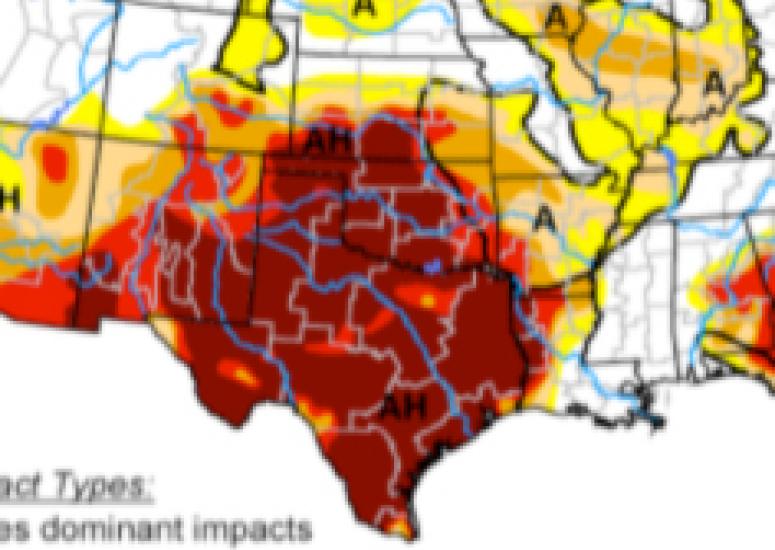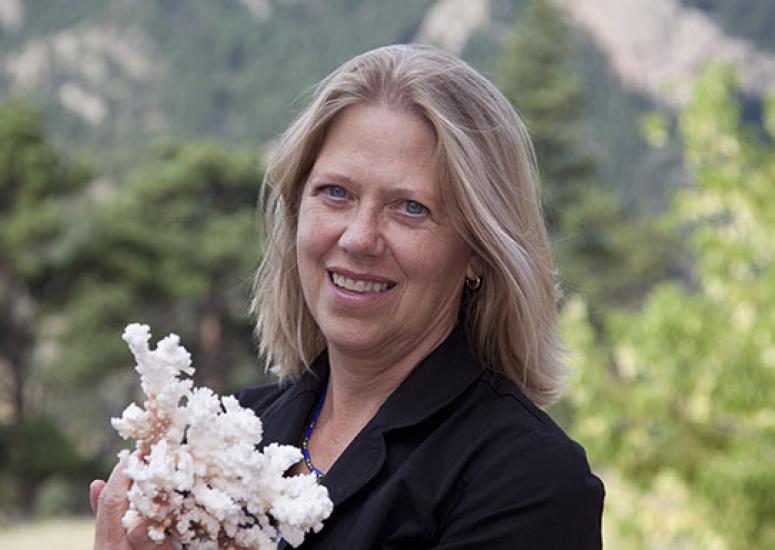-

Texas–Oklahoma drought: What next for the Southern Plains?
The unprecedented strength of both heat and drought across Texas has echoes in climate periods of the past and projections of the future.
- Climate
-

Deep oceans can mask global warming for decade-long periods
Computer simulations point to ocean depths below about 1,000 feet as the main location for "missing heat."
- Climate
-

NCAR coral expert wins prestigious Heinz Award
Joan Kleypas has conducted pioneering research into the effects of climate change on coral reefs.
-

UCAR to host Veterans Job Fair on September 27
Veterans seeking work on the northern Front Range will have the opportunity to talk directly with employers at the event, which is co-sponsored by UCAR and Workforce Boulder County.
- Education + Outreach
